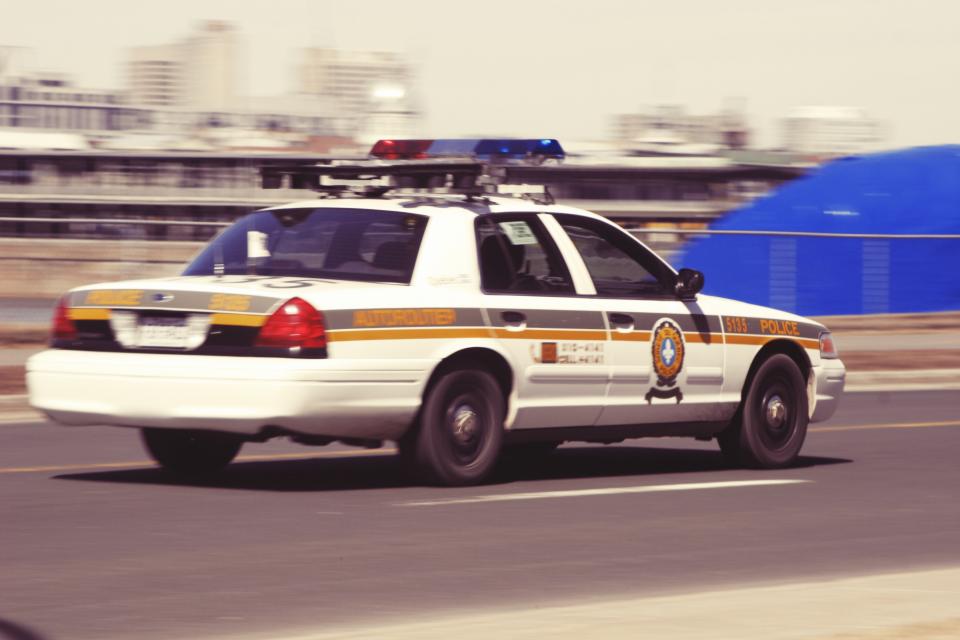 As some of you who follow me on social media or just know me in real life know, I was the featured artist last night at the monthly meeting of a poets' group that meets at Serenity Coffee House, a neat local place. I spoke, read from Dawn of Grace, and answered questions. When I was finished, I sold and signed some books. It was a really successful evening and not just because I made some sales.
As some of you who follow me on social media or just know me in real life know, I was the featured artist last night at the monthly meeting of a poets' group that meets at Serenity Coffee House, a neat local place. I spoke, read from Dawn of Grace, and answered questions. When I was finished, I sold and signed some books. It was a really successful evening and not just because I made some sales.The audience, made up of four people I didn't know along with three I did (shout-out to my cousin Joyce and two of my students who came to see me), was really appreciative. They laughed when they should have and one or two times I even heard some quiet exclamations of surprise. And when I was finished talking, the four folks I didn't know, who turned out to be the regulars, all asked wonderful questions. One asked if I did research before I wrote because the events and procedures I describe in the book seem so real. Another asked how I pulled off such good dialogue. Those questions had some pretty big compliments in them, things that all authors love to hear. But I thought their questions were worth discussing.

The short answer to the first question is yes, I do research. A lot of the time, that involves web searches that might make the FBI question whether I'm a serial killer. But when I want to know how the cops do stuff, I use my handy dandy cop down the hall, Chris Morehead. He's the Prevention Resource Officer (PRO) at my school. He's a regular city policeman, but his main beat is Parkersburg High School. So if I want to know police procedures or what a cop would do or even how a cop thinks, I ask him. He's been an amazing resource. For instance, in Dawn of Grace, I needed to know how a Parkersburg cop (Chris said they don't mind being called that.) would reach out to police from another city to find out about a case. He talked me through all the channels and permutations. He told me things I never would have considered. It was invaluable. And he's been a resource without even talking to me. Just watching him--how he moves, how he interacts with people, the difference between regular everyday Chris and Chris in cop mode--has helped me feel like I'm portraying police in a clearer and more positive light.
 And the short answer to the other question is that in order to write good dialogue, I spend a lot of time eavesdropping. Just listening to how people speak to each other helps me to write realistic conversations. Ironically, the one piece of professional advice I ever received was that my dialogue needed to stop sounding like real conversation. It should be clipped and quick. So I did that in my first book, Harsh Prey. It didn't feel right. The book didn't sound the way it should to me, but I went on because the pros said I was doing it how I should. But then I decided that, since I'm publishing these things on my own, I don't need to answer to anyone, so I can write the dialogue the way I want. And behold, everyone who read both books said the second was way better, in large part because the dialogue in Kisses and Lies sounded more real. You could actually hear the voices of the characters. You see, my writing is kind of dialogue-driven, whereas some other writers are more into narrative. When whole long sections of the story are dominated by dialogue, I think it's just wrong to make it sound like it's between Tonto and the Hulk. And my readers seem to agree.
And the short answer to the other question is that in order to write good dialogue, I spend a lot of time eavesdropping. Just listening to how people speak to each other helps me to write realistic conversations. Ironically, the one piece of professional advice I ever received was that my dialogue needed to stop sounding like real conversation. It should be clipped and quick. So I did that in my first book, Harsh Prey. It didn't feel right. The book didn't sound the way it should to me, but I went on because the pros said I was doing it how I should. But then I decided that, since I'm publishing these things on my own, I don't need to answer to anyone, so I can write the dialogue the way I want. And behold, everyone who read both books said the second was way better, in large part because the dialogue in Kisses and Lies sounded more real. You could actually hear the voices of the characters. You see, my writing is kind of dialogue-driven, whereas some other writers are more into narrative. When whole long sections of the story are dominated by dialogue, I think it's just wrong to make it sound like it's between Tonto and the Hulk. And my readers seem to agree.So those are my writing tips for today. Make friends with a cop and write dialogue that doesn't sound like it came from a caveman. Hope you found that helpful.
I agree wholeheartedly. Book 2 was much better than 1.
ReplyDelete*Pepper*
I agree wholeheartedly. Book 2 was much better than 1.
ReplyDelete*Pepper*